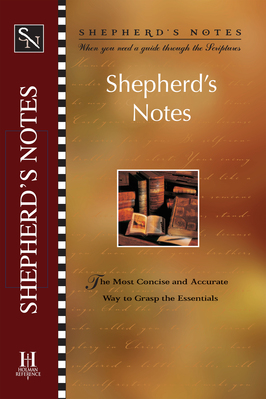Anyone out there want to blog? I am blogging on 3 sites. I assign myself projects, then I write, post, and wait for the visit counters to start spinning.
For example I have the 3 volume Treasury of David and the 5 volume Treasury of David Both by Charles Spurgeon. Both are in my Quickverse library, Then I have it again for free with Blue Letter Bible, And I have it in WordSearch because Wordsearch bought Quickverse and gives owners tech support to continue to be able to use the resources. Here is what my spreadsheet shows anytime I need to log the reference:
This concludes my post
I blog about the things that are of interest to bible study fellow brothers and sisters, bible college or seminary level researchers. I do Greek and Hebrew word studies with quotes and bibliographies. I am not afraid to deal with verses that could be used to spark a doctrinal argument. I once posted an article with a 36 line bibliography. If you are a fellow blogger send me a post and I will post it on my blog as a guest blogger's post. I will give you credit for it, and provide my readers with your blog site link. If you are a pastor or bible student who wants to test their latest sermon ideas out on my readers, email the sermon to me and it will become a guest pastors or bible students sermon or project. My readers like the posts with the long bibliographies. I am Rick Livermore and my blog is https://ricklivermoreonlinereader.blogspot.com . I am inviting you to contribute a
of the over all blog publication and teaching that is happening here
Use the contact us form to contribute a "portion" of the things happening here. I will hopefully inspire you to someday establish your very own publication / blogging installation. I know you see ads on the blog, please do not assume that means I will pay you out of my advertising income. I could discuss that subject for hours but for simplicity lets drop it now. There is no money to be made at the level of volume I am currently at and the future does not look like the level of volume will increase but instead will stay the same or even decline over time. I am not doing what I am doing for the money. If you come on this site and post a blog you will not get paid. I will allow you to share with the world that you posted a guest blog on my site, which makes you a published blogger which is kind of like being a published author.
I look forward to publishing some great stuff for you. If you quote someone and I happen to own that resource also, and you do not know all the bibliography info, just include as much as you can and I will do the rest of the research. My bibliography database is 5600 rows in an excel spreadsheet but I also search online when necessary. If you don't know, there are four categories that need to go into each bibliography, The title, the author, the year it was first published, and the publisher. If you read my bibliographies on this site, you may find I provide web site urls, other publishers names for the same thing, other publishers years for the same thing as well as plenty of additional info. I do that because I own a digital library of duplicated items that I included on the same bibliography.
I look forward to publishing some great stuff for you. If you quote someone and I happen to own that resource also, and you do not know all the bibliography info, just include as much as you can and I will do the rest of the research. My bibliography database is 5600 rows in an excel spreadsheet but I also search online when necessary. If you don't know, there are four categories that need to go into each bibliography, The title, the author, the year it was first published, and the publisher. If you read my bibliographies on this site, you may find I provide web site urls, other publishers names for the same thing, other publishers years for the same thing as well as plenty of additional info. I do that because I own a digital library of duplicated items that I included on the same bibliography.
Title : THE TREASURY OF DAVID - Volume 1: Psalms 1-30 Copyright : Electronic Edition STEP Files Copyright © 2008, QuickVerse COPYRIGHT THE TREASURY OF DAVID – Psalms 1-30 All rights reserved. No part of this book may be reproduced in any form without permission in writing from the publisher, except in the case of brief quotations embodied in critical articles or reviews Electronic Edition STEP Files Copyright © 2008, QuickVerse. All rights reserved. THE TREASURY OF DAVID VOLUME 1: PSALMS 1-30 By Charles Spurgeon AGES SOFTWARE Rio, WI USA
|
Brought to you by https://reader222.blogspot.com a fan of Amadeo Church 21805 S Ellsworth Rd #102, Queen Creek, AZ 85142, USA
Support this blog by patronizing Amazon for your Photography Arts and Crafts: Support this blog by patronizing Amazon for your Arts and Crafts: shop using the link here Arts and Crafts Support this blog by patronizing Amazon for your Popular Christian Books and Bibles on using the link here Popular Christian Books and Bibles on Amazon |




